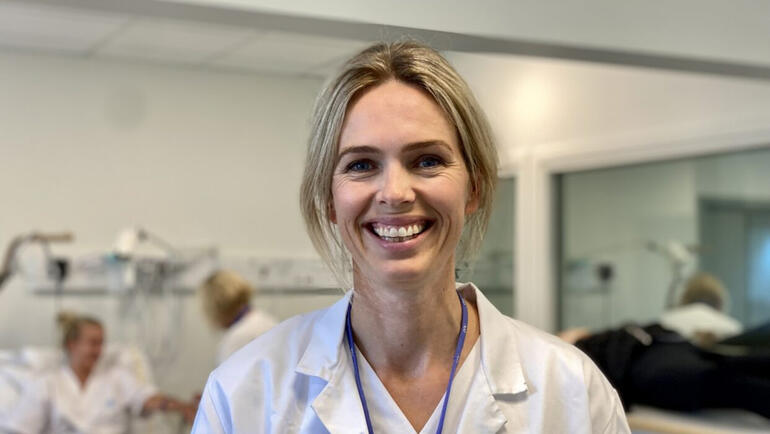The dissertation focuses on how nursing students develop various forms of nursing competence through simulation-based education, how they transfer this competence to the clinical setting, and how they assess their own competence.
Summary
Continuous medical, technological, and structural changes in healthcare require that newly graduated nurses have professional competence to care for patients. Simulation-based education and clinical placements are established educational strategies used in nursing education to provide students with this competence. In this dissertation, various aspects of nursing students' development and assessment of their professional competence and clinical judgment skills in simulation-based education and in clinical placement have been examined using different quantitative research methods.
The results in the dissertation support the use of PEARLS debriefing in simulation-based education to enhance nursing students' professional competence and clinical judgment skills. Students demonstrate development in both professional competence and clinical judgment skills over time, but there is a need to strengthen nursing students' competence related to development, leadership, and the organization of nursing care. Nursing students need support to better transfer their nursing competence from simulation to clinical settings. Additionally, it is recommended to combine self-assessment with other assessment methods for a more accurate evaluation of students' competence.
